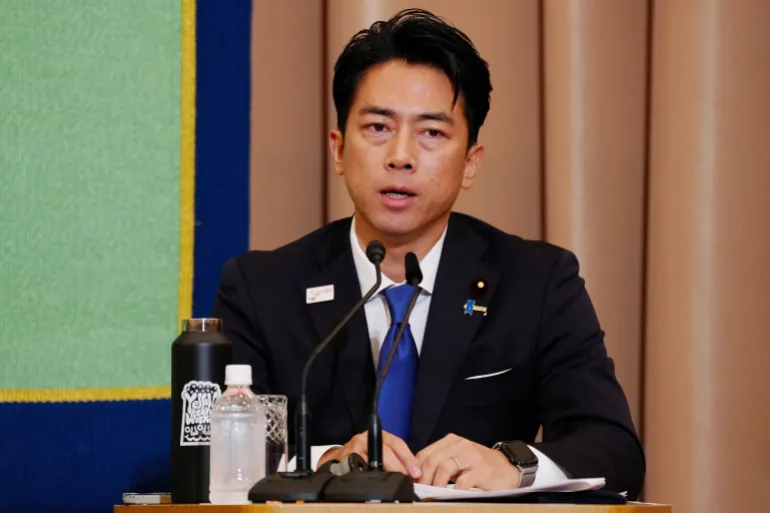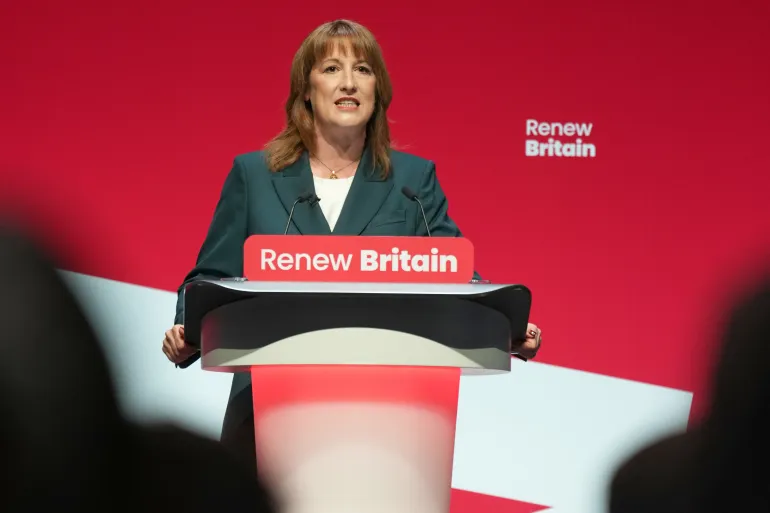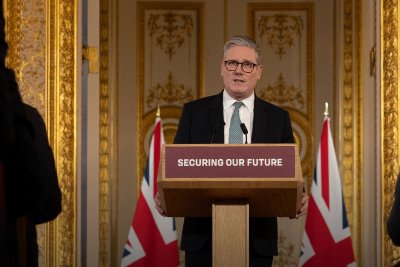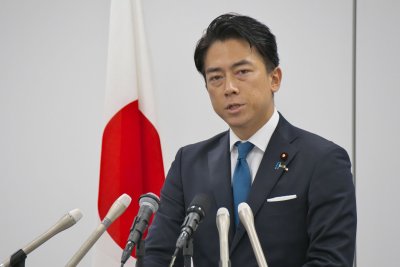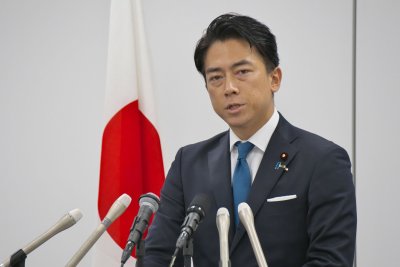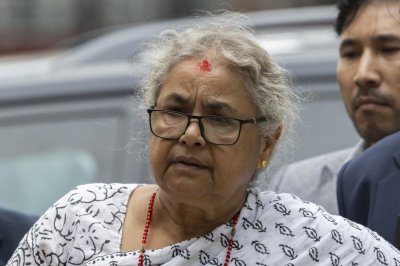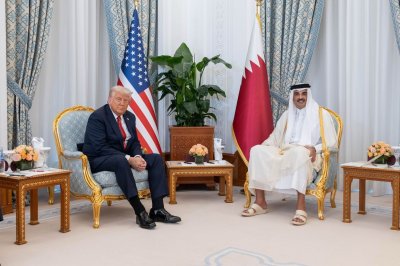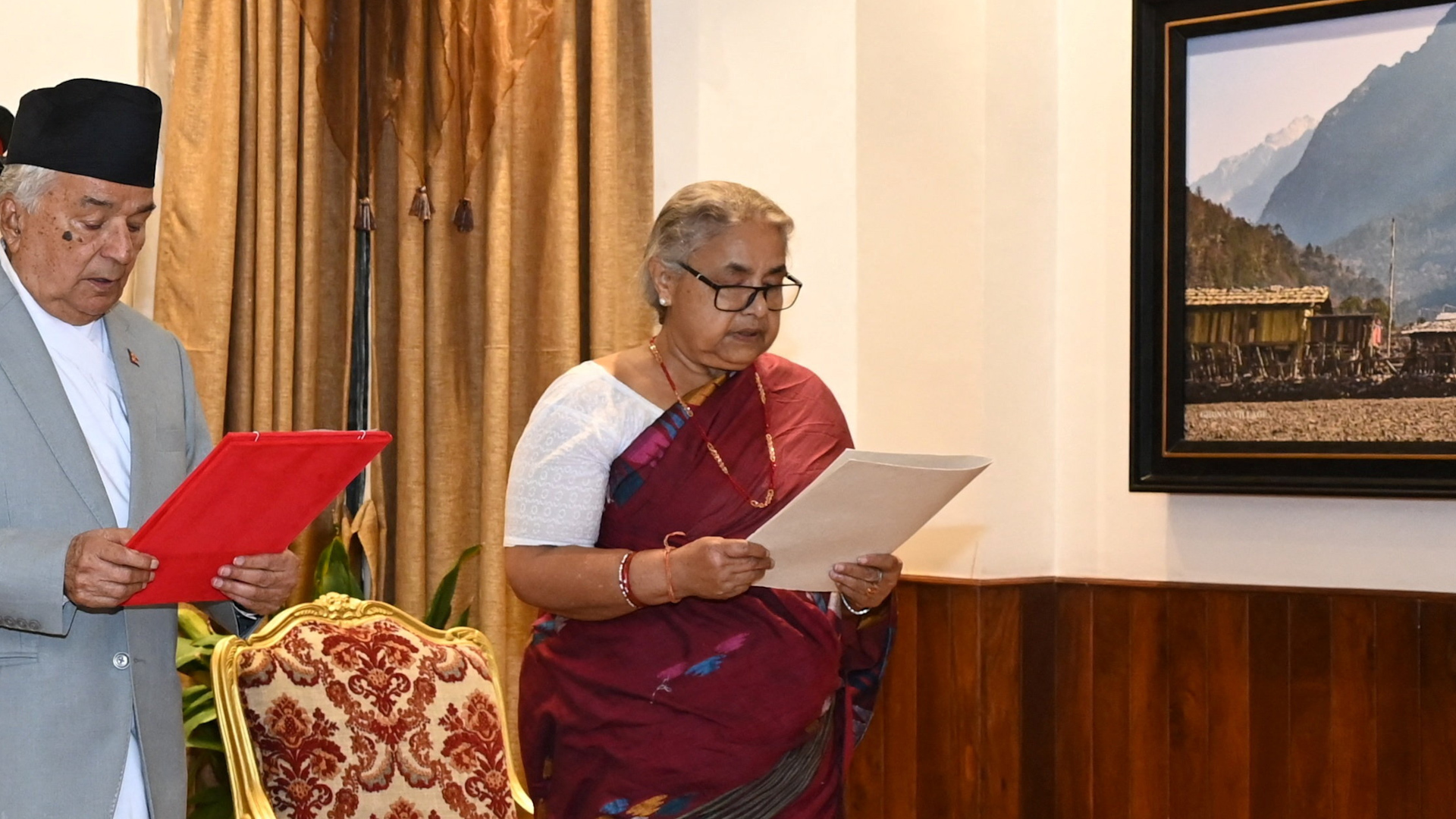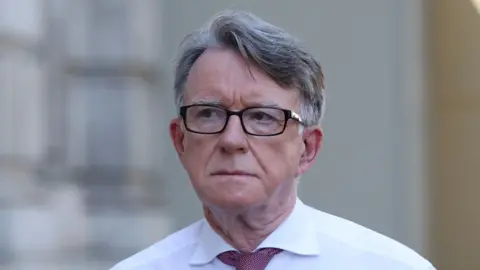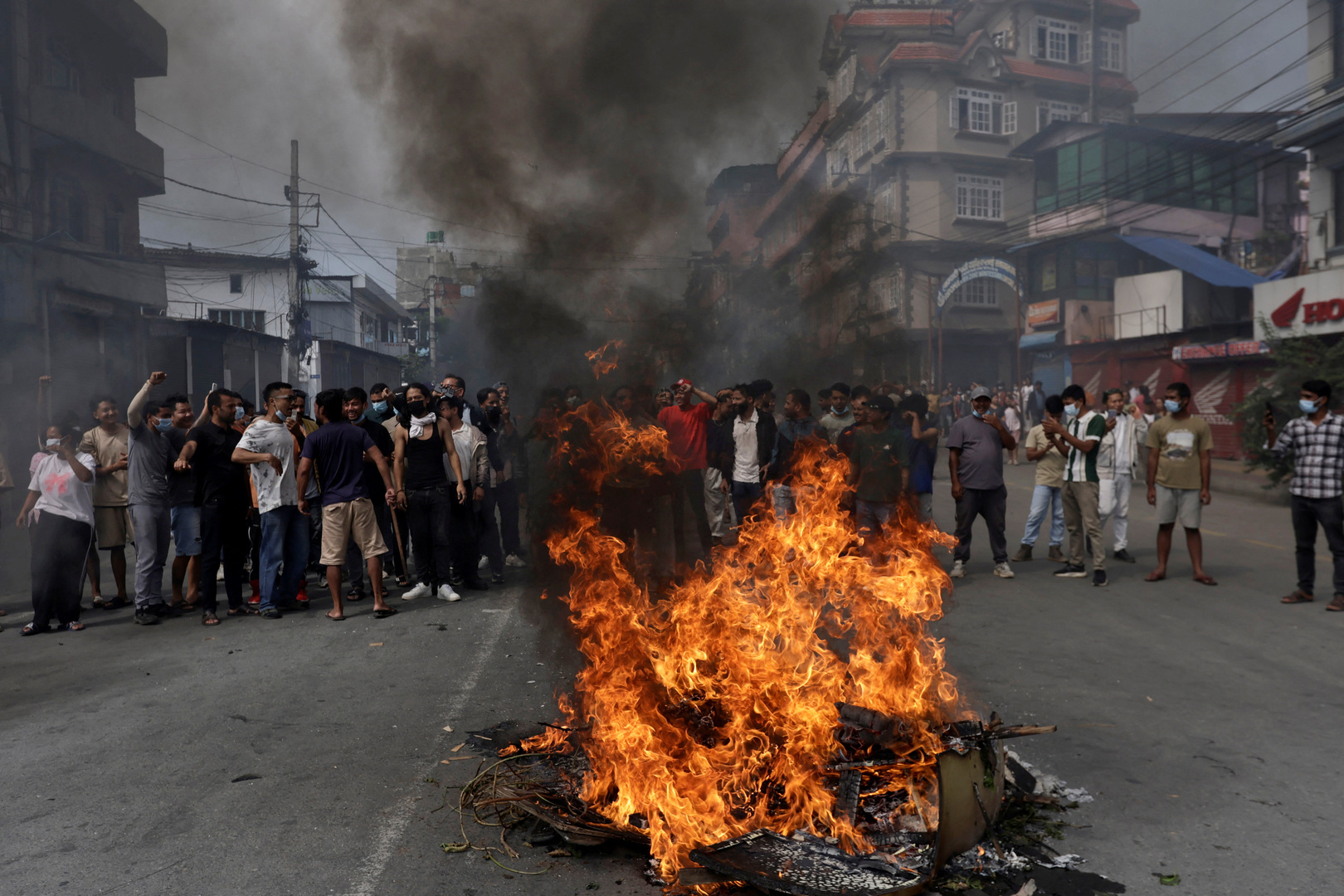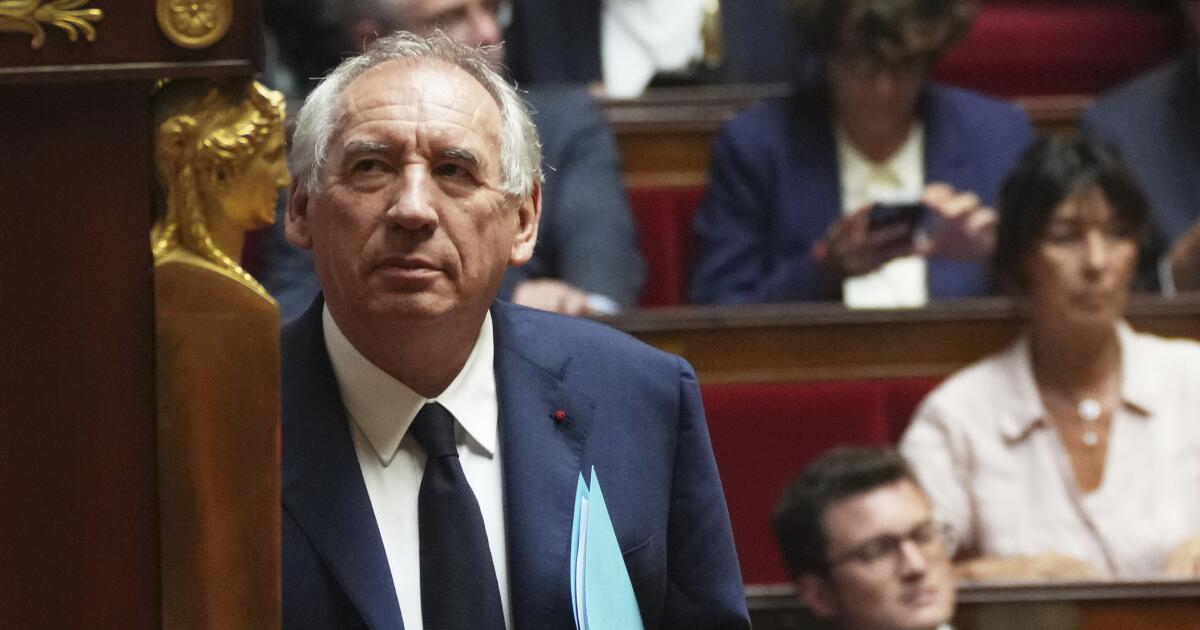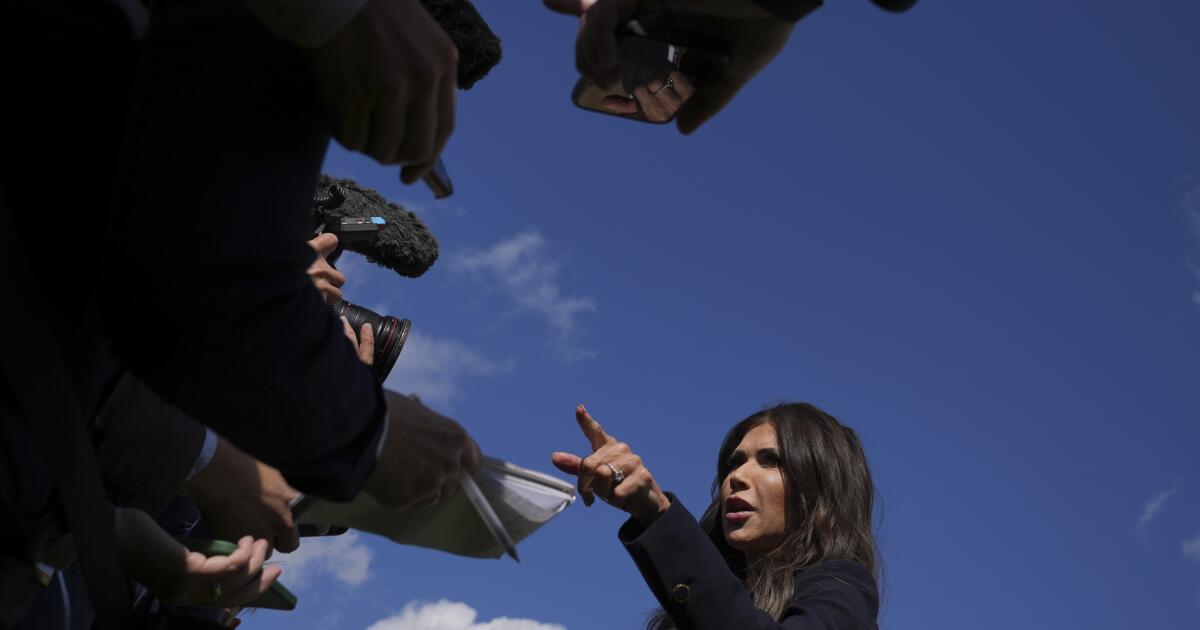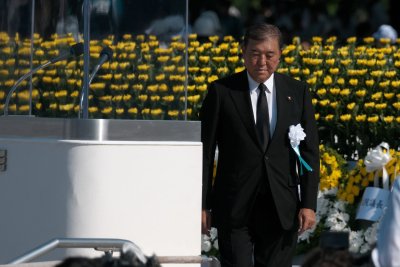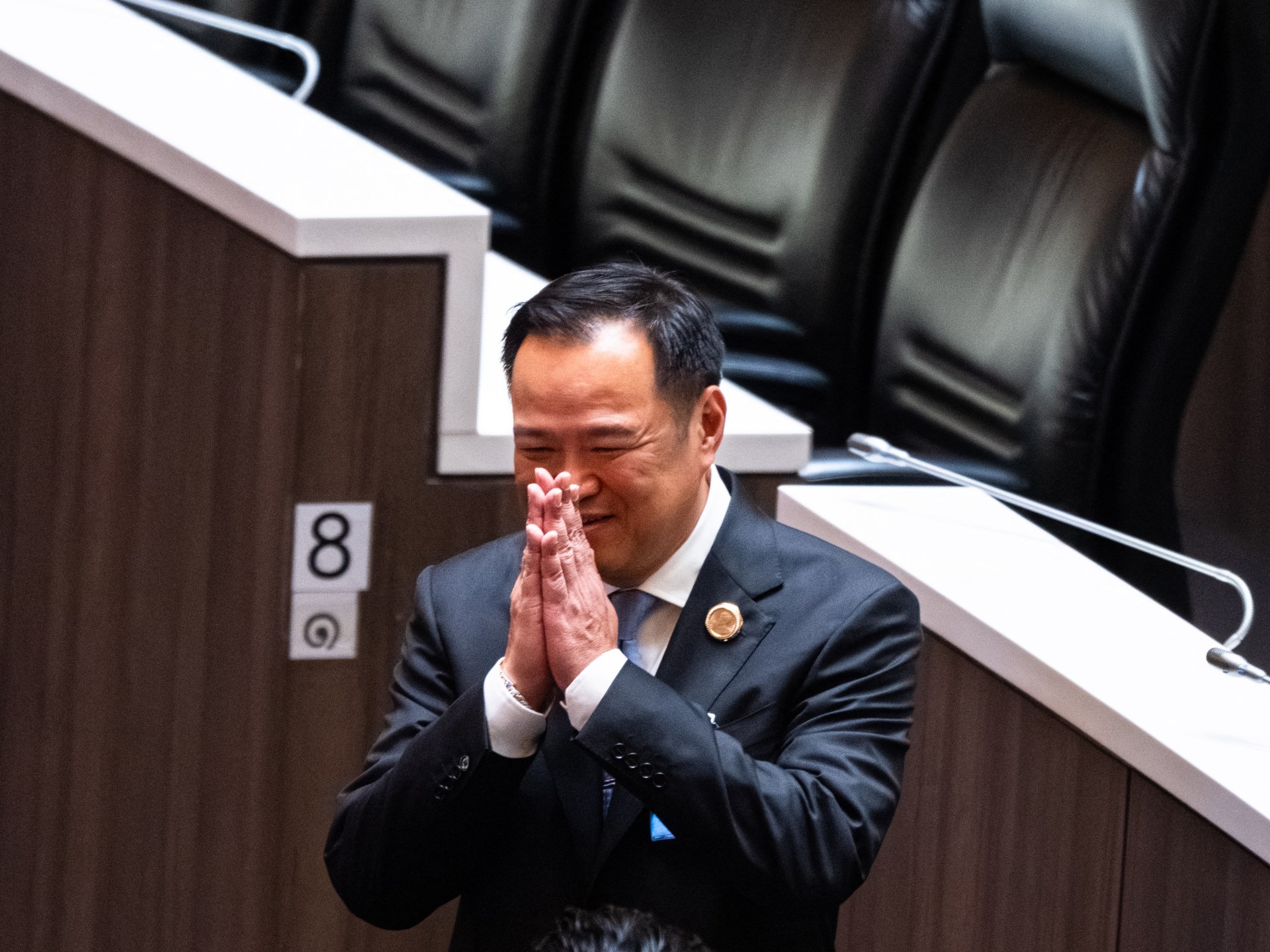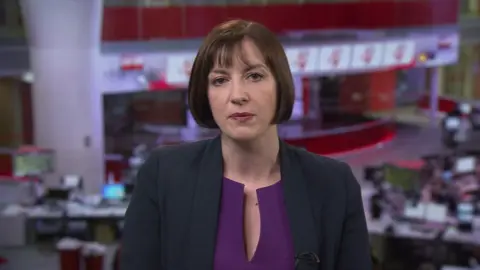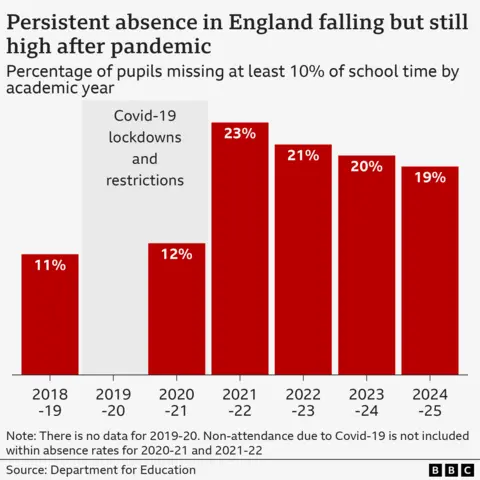Who are the candidates running to be Japan’s next prime minister? | Elections News
Japan’s governing Liberal Democratic Party (LDP) will choose the country’s fifth leader in five years on Saturday following the resignation of Prime Minister Shigeru Ishiba.
After governing Japan almost continuously since the 1950s, the conservative party has been in disarray following successive election defeats and a series of political scandals.
Recommended Stories
list of 4 itemsend of list
The LDP and its junior coalition partner Komeito lost their governing majority in lower house elections in October last year, a defeat followed by a drubbing in upper house polls in July.
After leading a badly damaged minority government for nearly a year, Ishiba announced on September 7 that he would step down.
Whoever takes over the LDP will face a public frustrated over the cost of living, an ascendant populism epitomised by the “Japan first” Sanseito party, and the headwinds of US President Donald Trump’s trade war.
LDP lawmakers and some one million rank-and-file party members will choose from five candidates, ranging from the son of a former prime minister to the protege of the late Prime Minister Shinzo Abe.
Their choice could determine whether Japan will enjoy a period of political stability or continue down the path of the “rotating prime ministership,” which marked Japanese politics in the late 1990s and early 2000s, said Jeffrey Hall, a lecturer at Japan’s Kanda University of International Studies.
“Even though it’s not historically abnormal for Japan to have a high turnover rate, this is a very bad time for Japan to not have stable political leadership,” Hall told Al Jazeera.
Here’s a look at the candidates:
Shinjiro Koizumi
Koizumi, 44, is the son of former Prime Minister Junichiro Koizumi and one of two frontrunners in the race.
Earlier this year, he stepped in as the minister of agriculture at a time when the price of rice – Japan’s beloved staple food – was rising sharply.
Koizumi’s work on Japan’s “rice crisis” won him a surge in public support, and he is also popular with a large swath of the LDP, said Kazuto Suzuki, a professor at the University of Tokyo’s Graduate School of Public Policy.
“Mr. Koizumi is supported by traditional LDP heavyweights and the centre of the party. He does not have a particular policy position, so he is flexible to meet demands from older LDP values,” Suzuki told Al Jazeera.
Viewed as a political moderate, Koizumi has pledged to work with opposition parties to reform the tax system while lowering the public debt ratio, and to pursue balanced policies geared towards economic growth with fiscal discipline.
His relatively young age and educational background could still keep him from winning the leadership despite his popularity, said Stephen Nagy, a visiting fellow with the Japan Institute for International Affairs.
Koizumi attended Kanto Gakuin University and later Columbia University, but three of his rivals – Toshimitsu Motegi, Yoshimasa Hayashi, and Takayuki Kobayashi – graduated from the more prestigious University of Tokyo and Harvard.
“Whether we like it or not, educational pedigrees bring respect in society and in the LDP,” Nagy told Al Jazeera.

Sanae Takaichi
Takaichi, 64, is the only woman in the race and the leading challenger to Koizumi.
A former economic security minister, Takaichi skews towards the right-wing flank of the LDP and has “strong conservative credentials” as Abe’s former protege, Nagy said.
All the candidates have focused on how to revive Japan’s economy after decades of stagnation, putting forward broadly similar expansionary policies, said Sota Kato, research director at the Tokyo Foundation.
Still, Takaichi is “closer in stance” to “Abenomics”, the three-pronged strategy of fiscal expansion, monetary easing and structural reform championed by her mentor, Kato told Al Jazeera.
Takaichi is known for conservative views on social issues, including immigration and same-sex marriage, and foreign affairs, including China-Japan relations.
While her views have earned her the support of the conservative wing of the LDP, they are at odds with more centrist members.
“Some believe she is exactly what the LDP needs to pull support away from the opposition parties, such as Sanseito … Others believe she will push more centrist voters away,” Nagy said.

Yoshimasa Hayashi
Hayashi, 64, is considered the “dark horse” of the election due to his experience and amenable personality, according to Kato of the Tokyo Foundation.
Currently serving as chief cabinet secretary, Hayashi previously held high-profile posts including defence chief and minister of foreign affairs, and is campaigning on an economic policy focused on fiscal discipline.
Like Koizumi, he is viewed as a political centrist.
“From the perspective of LDP lawmakers, Hayashi provides a sense of stability compared to figures like Koizumi or Takaichi,” Kato said.
“If Hayashi secures more votes than either Koizumi or Takaichi in the first round of voting and proceeds to the second round, his chances may improve.”
Hayashi cited his extensive ministerial experience while campaigning and argued that Japan should strengthen its cooperation with “like-minded” democratic countries to push back against China, Russia and North Korea.

Toshimitsu Motegi
Motegi, 69, is a former secretary-general of the LDP who also did stints as minister of foreign affairs and minister of economy, trade and industry.
His platform includes cuts to petrol and diesel prices, wage increases for nurses and childcare workers, and incentives to encourage investment.
His economic policies “fall somewhere in between” those of Takaichi and Koizumi, the latter of whom has placed greater emphasis on fiscal discipline than his more conservative rival, according to Kato of the Tokyo Foundation.
Motegi and Hayashi both have factional support within the LDP, but this may not translate into enough votes to win the leadership position, according to the University of Tokyo’s Suzuki.
“Mr Motegi and Mr Hayashi are very experienced politicians, but they represent the old-fashioned LDP. They have certain support within the party, but they are not popular among the public,” he said.
![Former LDP Secretary-General Toshimitsu Motegi speaks during the Liberal Democratic Party (LDP) Presidential Election Candidate Debate at Japan National Press Club in Tokyo, Japan, on Sept. 24, 2025. [Jia Haocheng/Pool via REUTERS]](https://www.aljazeera.com/wp-content/uploads/2025/09/2025-09-24T071026Z_1195499539_RC24YGA68GXE_RTRMADP_3_JAPAN-POLITICS-1759204230.jpg?w=770&resize=770%2C513&quality=80)
Takayuki Kobayashi
Takayuki Kobayashi, 50, is a former economic security minister and previously ran for leader of the LDP.
His platform has heavily focused on economic growth and assisting citizens with cost-of-living issues.
Kobayashi has the support of many younger LDP members, but his youth and experience are potential handicaps, according to Nagy.
“Kobayashi is seen as very accomplished, smart, internationally minded, but still too young to fight with the 80-year-old sharks in the LDP,” he said.
His view was echoed by the University of Tokyo’s Suzuki.
“Mr Kobayashi is a new generation politician who has been a rising star, but not yet popular enough,” Suzuki said.
“Motegi, Hayashi and Kobayashi are very competent in policies and their sharpness in discussion, but these qualities are not the issue for this party leadership contest. The most important issue is the popularity and reactivation of the LDP,” he added.

